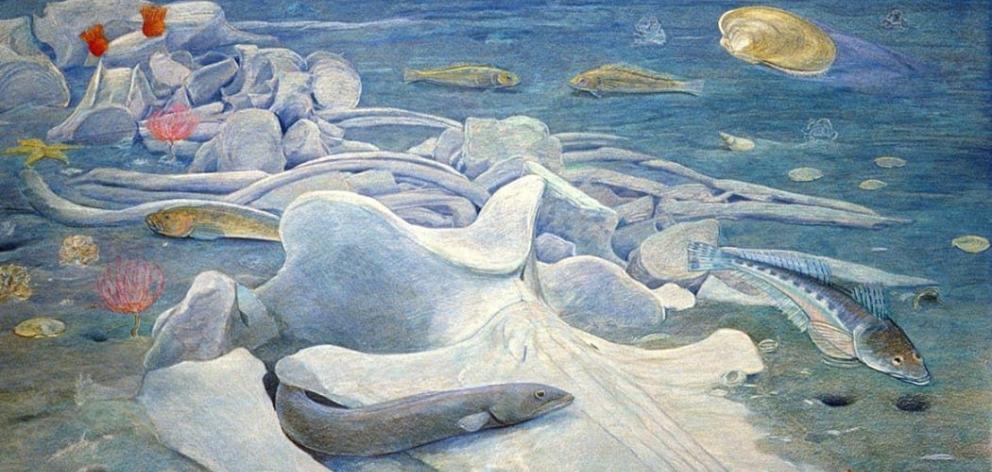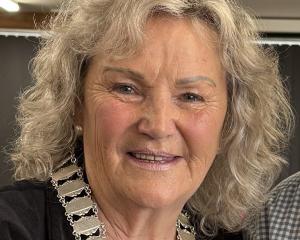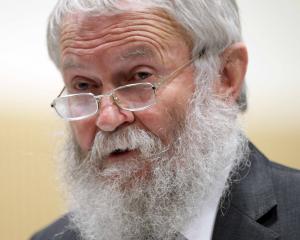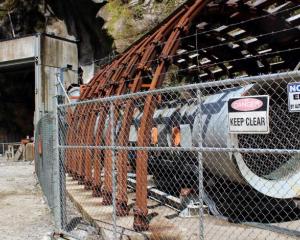
A Buller man has apologised for hacking an ancient whale fossil out of bedrock at the Little Wanganui River last year, and intends donating it to the Karamea Museum.
He and a couple of others used power tools to cut it out and uplift it at Labour Weekend. When confronted by dismayed locals, they falsely claimed they had "iwi permission".
West Coast iwi condemned the removal, and it made headlines all the way to The New York Times.
Soon after, police searched a Granity property and recovered some material. Police and the West Coast Regional Council did not lay charges and left the matter for iwi to sort out.
The fossil hunter has now written a letter of apology to Te Runanga o Ngati Waewae.
Chairman Francois Tumahai said the man intended meeting the Karamea community in April to update them and to learn where they would like the fossil permanently located once it had been prepared for display.
In the letter of apology, the man says he was born on the West Coast and had "lived and walked the land here for the vast majority of my life".
"I am an amateur palaeontologist and a citizen scientist who has made several significant discoveries, including crustacean, penguin and cetacean fossils within the Mawhera and Kawatiri districts."
He said the fossil removal was part of a larger project designed to preserve and protect the diverse vertebrate fossil record on the West Coast "from the ravages of tides and time".
"Unfortunately, this has caused major local, national and even international outcry and anguish.
He proposed donating the fossil to the Karamea Museum once it had been prepared and preserved to a standard that was presentable to the residents and to the wider community.
"I am making no pecuniary gain from this project. My intention always was, and still is, to gift my time and expertise to the public and raise awareness for this taonga, which was being eroded away, largely unknown and unprotected, on a daily basis.
"That day on the riverbed I gave my word of honour to Tom Horncastle that the whale would stay within the area, and I intend wholeheartedly to make good on my promise. Once again, my genuine apologies for the pain that the people have suffered."
Mr Horncastle, who argued with the man to leave the fossil in place, could not be reached for comment.
Dulcie McNabb, who heads the Karamea Historical Society responsible for the museum, said they would be happy to receive the fossil.
"We will wait for the next chapter."












